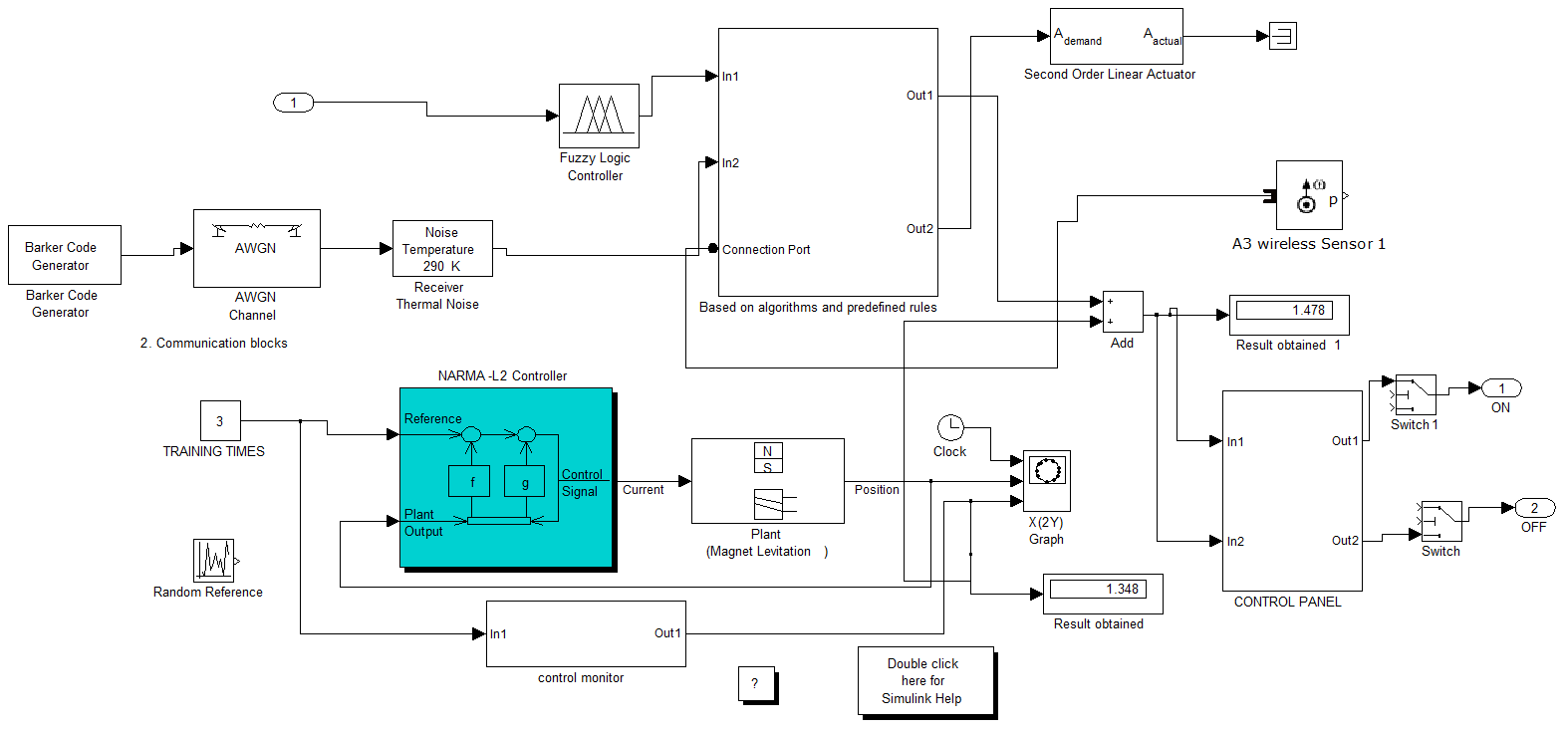Developing a Framework for Designing Effective Smart City Architecture Using Intelligent Systems
Keywords:
Smart city, Artificial intelligence, Machine learning, Architecture, Traffic flow, Intelligent system, Developing Framework, Effective designAbstract
The ongoing congestion on major roads in Nigeria has significantly disrupt business activities and hindered the country’s economic growth. To tackle this issue, a framework for designing smart city architecture utilizing intelligent systems has been developed. To achieve this, we checked the characteristics and establish the causes of poor traffic flow, designed a smart city rule base, trained Artificial Neural Network (ANN) in the smart city rule base, designed a SIMULINK model, developed an algorithm, designed a Visual basic program, designed a smart city SIMULINK model and finally validated and justify the percentage improvement in traffic flow with and without intelligent smart city architecture. The results obtained are: the first ANN training reduces congestion to 59.29%, the second to 54.37%, third to 51.68% thereby enhancing traffic flow. The conventional road capacity in Awka was 8%, with intelligent smart city architecture integrated, it enhances the system to 10.78%. The conventional inefficient traffic signal timing was 13%, with intelligent smart city architecture incorporated it reduces to 11.2% thereby minimizing congestion. The conventional congestion that caused delay for passengers is 60%, integrating intelligent smart city architecture it decisively reduced to 51.68%. Finally, these results obtained shows that the percentage improvement in the reduction of congestion when an intelligent smart city was incorporated in the system over the conventional counterpart is 8.32%, thereby reducing commute time.


